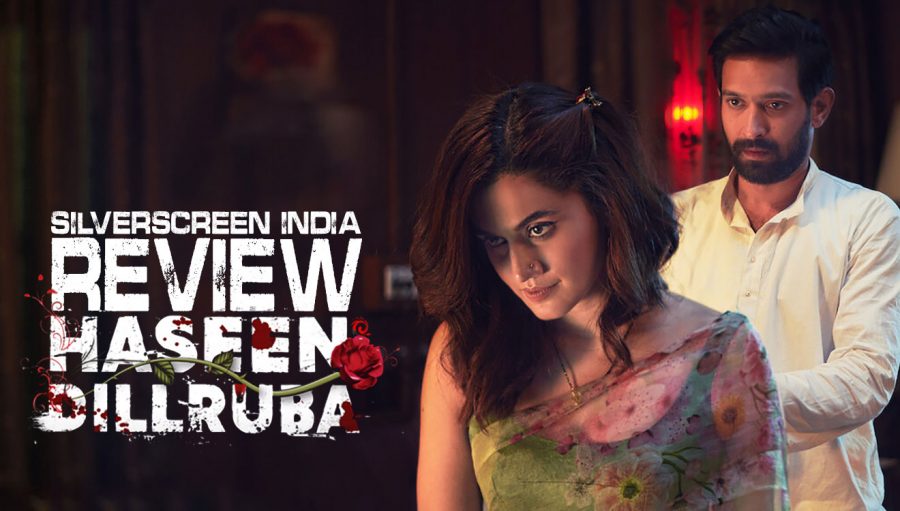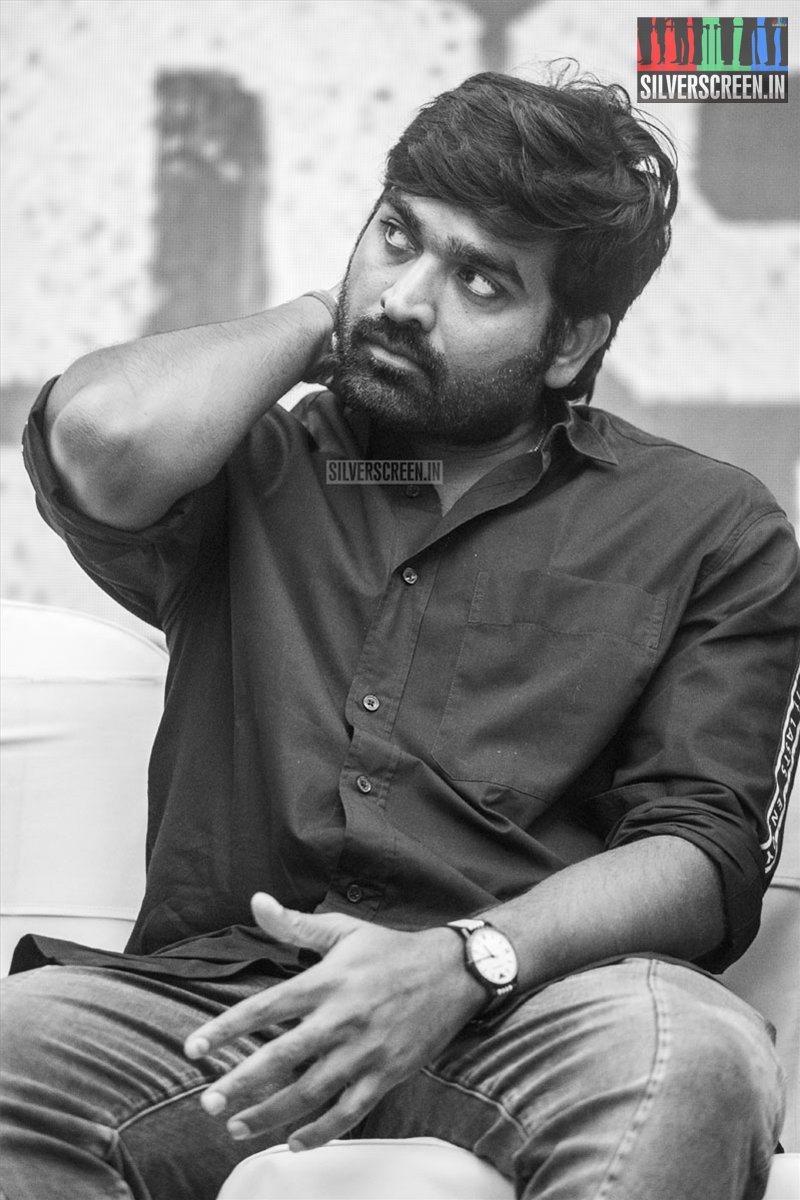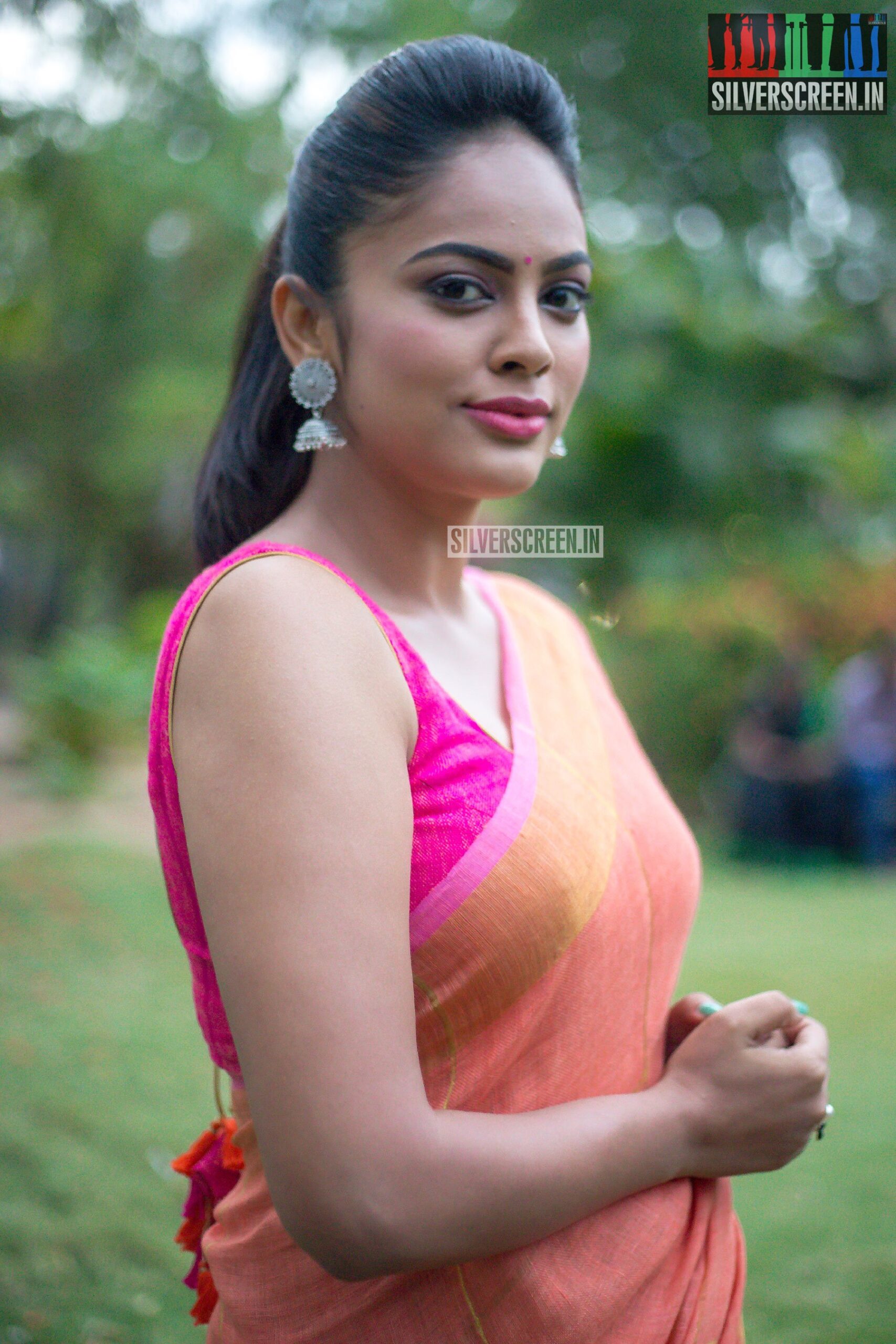Scenarist Kanika Dhillion has a fondness for romantic relationships that carry a raging storm inside, where the man and the woman are constantly at war against each other, treating happiness and love as something they must resist with all their might.
Dhillion’s latest work Haseen Dillruba, directed by Vinil Mathew, starts from the scene of a gruesome death of a young man whom the cops suspect to have been killed by his wife. The woman is in tears, her face and hair carefully dishevelled to suit Bollywood’s taste. Suddenly, the scene shifts to six months ago, to an unofficial betrothal ceremony. A cheerful flashback. The transition has no emotional coherence whatsoever but, in the process, the film makes its statement — portrayal of violence is the most exciting when it is coupled with a love story, or in this case, a marriage story.
The set-up is straight out of the Indian adult comics realm. A newly-wed woman, Rani (Taapsee Pannu), anguishing in a passionless honeymoon and exhausted by the routine of small-town life, glides towards another man, a cousin of her husband. When the husband, Rishi (Vikrant Massey), a well-mannered engineer, finds out about the affair that ended as soon as it began, he hits out at everything around him in vengeance.
By founding itself on sheer pulp and casting mainstream stars who are known for “meaningful cinema”, Haseen Dillruba makes a brave move. The sight of the woman’s body impresses, weakens and provokes the men in the film. Gentleness is undesirable in love; violence and an unabashed exhibition of machismo are what kindle Rani’s passion.
But this conflation of violence and love falls flat because the film cannot find ingenious devices to express the characters’ dilemmas or desires. Cheesy depiction of passion and one-note proclamations about love abound.
For one, the dinner-table scene that follows Rani’s sexual encounter with Neel (Harshvardhan Rane) comes across as a bad joke. He says he is craving mutton curry and winks at her. She, smiling like a coy bride, agrees to cook it for him. It could have been a tender moment, but Mathew sucks everything delicate about lust and turns the lovers worthy of the viewer’s loathing.
In the soap-operatic scenes set inside the police station, the cops are all ears as Rani narrates rather dramatically the events that transpired before Rishi’s death. Occasionally, she pauses with an enigmatic smile only to deliver a juvenile line such as, “What is love if it isn’t wild!”
Unlike Manmarziyaan, which Dhillion scripted and Pannu acted in, Haseen Dillruba doesn’t attempt to explore the fatality of not being able to fall in or out of love. Instead, it offhandedly links acts of sadomasochism to true love. In the scene where Rishi, in a fit of rage, chases Neel, who has now metamorphosed into an obnoxious playboy, the camera observes Rani gaping at the husband in awe. By performing this rage outburst, Rishi regains his position as the head of the household and overcomes the humiliation his wife’s betrayal had inflicted on him.
Wearier than the film’s notes on love is its humour, misplaced and witless. After presenting the severed wrist of Rishi in the first scene, the film cuts to a flashback sequence, a formal ceremony at Rani’s house where she meets him for the first time. As the two families talk in the living room, the couple moves to the kitchen to “get to know each other”. She chats away like a character in a TVF video, trying to get the better of him by exhibiting her wokeness and disregard for manners.
The portrayal of the initial days of their marriage is reminiscent of quintessential Bollywood provincial comedies such as Tanu Weds Manu where a feisty young woman, unafraid of displaying her sexuality, terrorises the old order.
By stretching out the jokes about middle-class households, the film inadvertently reveals the lack of sympathy it has for them. Rishi’s parents, who are the butt of jokes in this part, are nowhere to be seen in the scenes post his death. Why do the neighbours and the family react indifferently to a horrendous tragedy that happened right under their noses?
Rani is a hobbyist — a beautician, but not a professional with an interest in anything. It is absurd that Rani, who cited amatory skills as one of her special talents in her first meeting with Rishi, cannot handle sexual tension gracefully or express her desires like a rational human being in the initial days of marriage. From the flirtatious woman with a radical sense of freedom, who described herself as an “undeserved prize” that Rishi won, Rani transforms into a ridiculous victim who would do anything to gain his forgiveness. The film transgresses but apologetically.
Unlike Massey who unravels Rishi’s journey in subtle but vivid details, superbly elevating the mediocre writing, Pannu turns Rani into a bad parody of her roles in Manmarziyaan and Thappad. She maintains a puppy-dog face post the infidelity episode, making it impossible for the viewers to understand Rani.
Recommended
In his directorial debut Hasee Toh Phasee, set in Mumbai and centred around a wealthy family that deals money in billions, Mathew looked perfectly at home. In Haseen Dillruba, he flounders, unable to chart a believable emotional trajectory for his characters or create situations that explore the tender in animalistic desires. But more than Mathew, the debacle of Haseen Dillruba rests on Dhillion. The writer, who delivered memorably flawed characters in Manmarziyaan and Kedarnath, bypasses structuring a character for ticking off boxes for the woke multiplex/OTT audience. There is nothing in Haseen Dillruba that is unpredictable or marked by a sense of genuine urgency. Like in love, banality is undesired in love stories too.
*****
The Haseen Dillruba review is a Silverscreen original article. It was not paid for or commissioned by anyone associated with the movie. Silverscreen.in and its writers do not have any commercial relationship with movies that are reviewed on the site.



